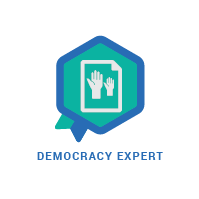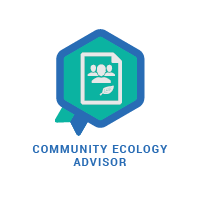
Participants have to successfully accomplish the following tasks before the BADU Open Badge will be issued.
Minimum standards:

Participants have to successfully accomplish the following tasks before the BADU Open Badge will be issued.
Minimum standards:

Participants have to successfully accomplish the following tasks before the BADU Open Badge will be issued.
Minimum standards:

Participants have to successfully accomplish the following tasks before the BADU Open Badge will be issued.
Minimum standards: